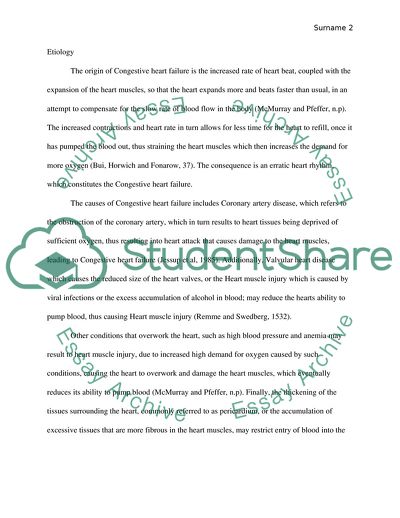Cite this document
(Congestive Heart Failure Research Paper Example | Topics and Well Written Essays - 1500 words - 1, n.d.)
Congestive Heart Failure Research Paper Example | Topics and Well Written Essays - 1500 words - 1. https://studentshare.org/health-sciences-medicine/1804971-congestive-heart-failure
Congestive Heart Failure Research Paper Example | Topics and Well Written Essays - 1500 words - 1. https://studentshare.org/health-sciences-medicine/1804971-congestive-heart-failure
(Congestive Heart Failure Research Paper Example | Topics and Well Written Essays - 1500 Words - 1)
Congestive Heart Failure Research Paper Example | Topics and Well Written Essays - 1500 Words - 1. https://studentshare.org/health-sciences-medicine/1804971-congestive-heart-failure.
Congestive Heart Failure Research Paper Example | Topics and Well Written Essays - 1500 Words - 1. https://studentshare.org/health-sciences-medicine/1804971-congestive-heart-failure.
“Congestive Heart Failure Research Paper Example | Topics and Well Written Essays - 1500 Words - 1”. https://studentshare.org/health-sciences-medicine/1804971-congestive-heart-failure.


